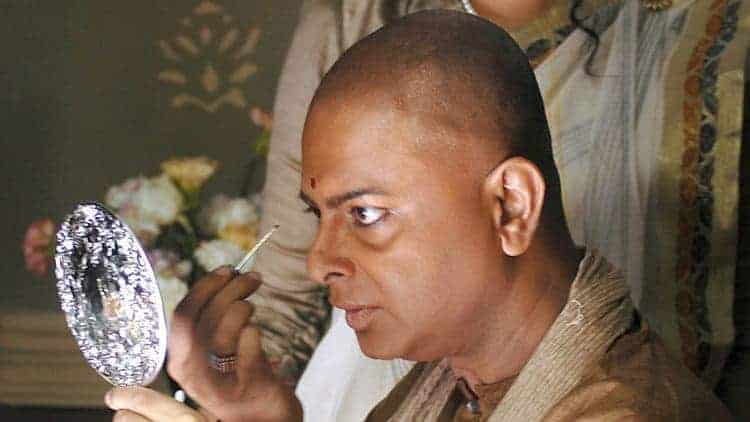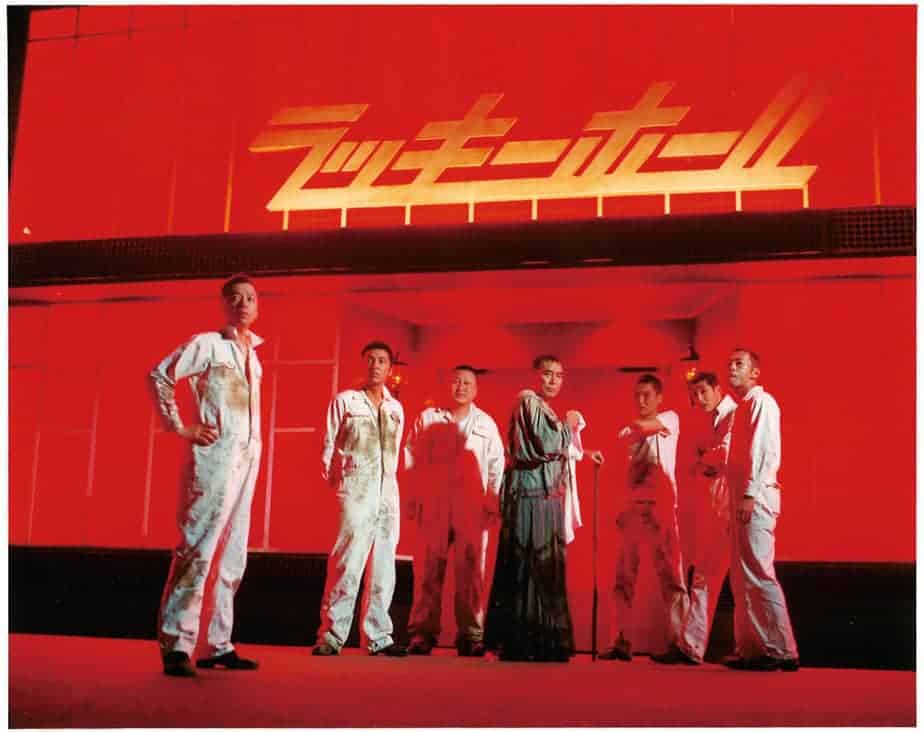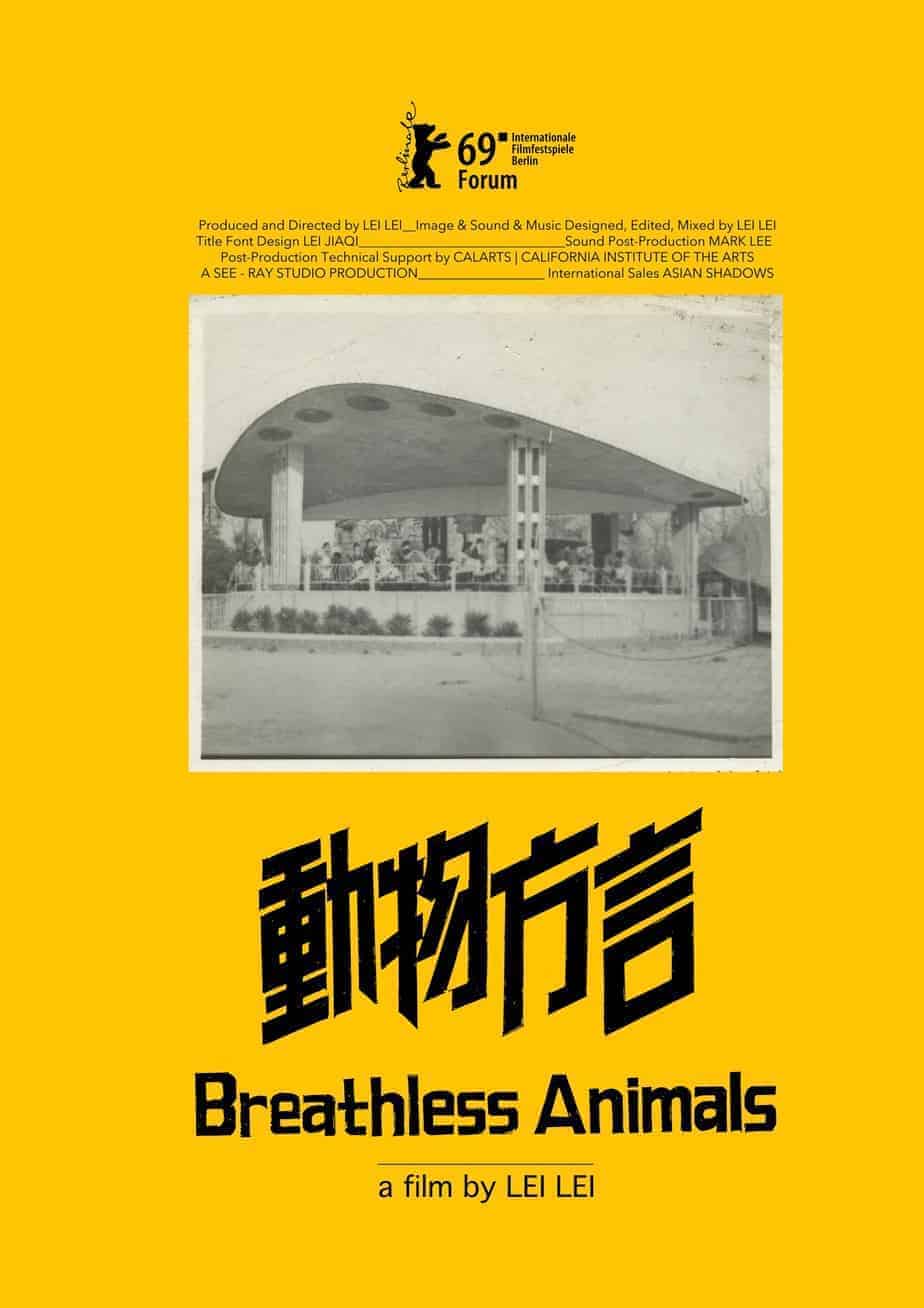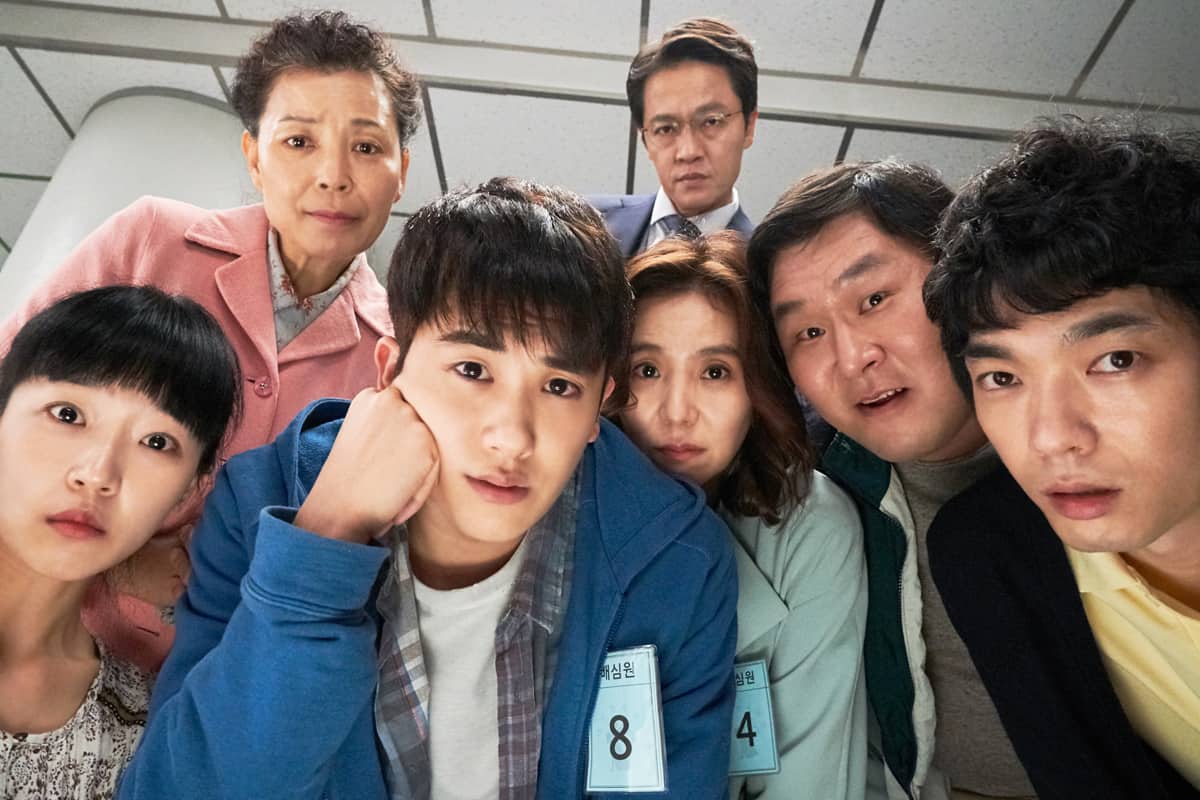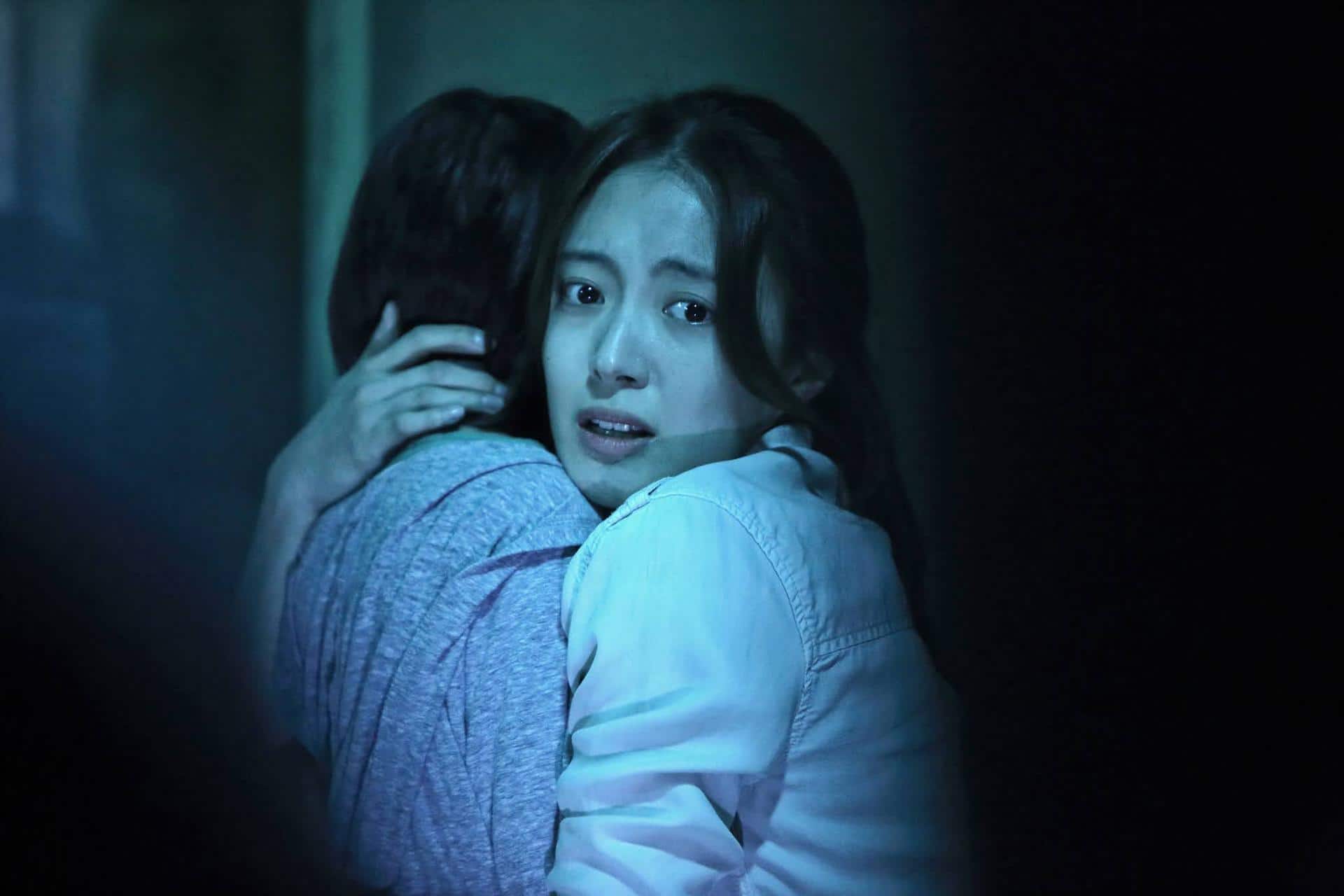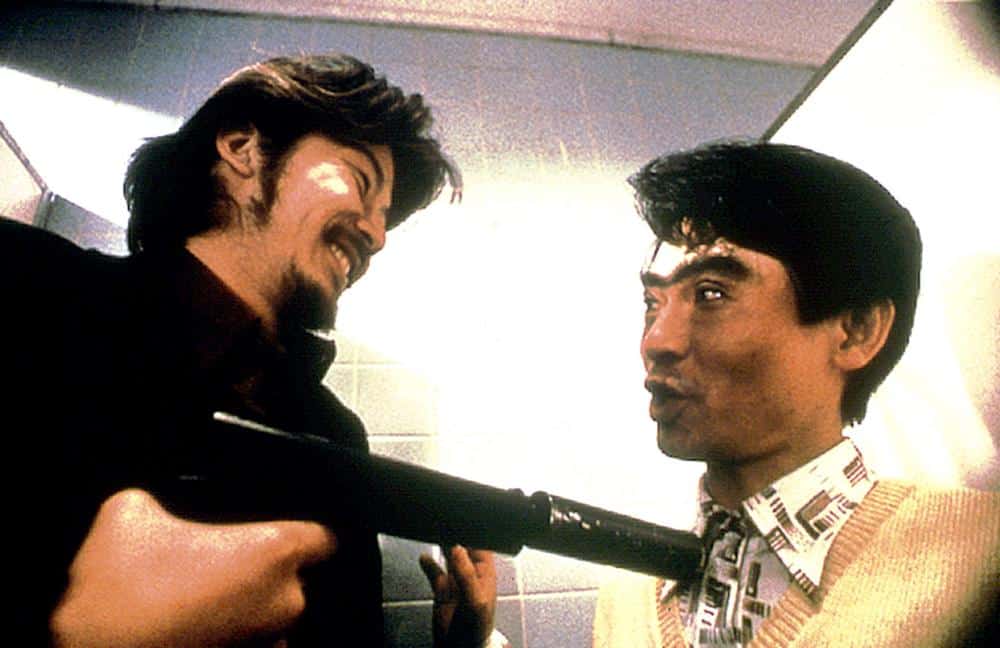Rituparno Ghosh (1961-2013) emerged on the Bengali film world in early nineties after the death of Satyajit Ray. He worked for an advertisement agency before making two documentaries for Doordarshan ( India's National Television) and moved into filmmaking with the movie “Hirer Angti” (Diamond Ring) (1992). But despite getting critical applause, the movie was never released commercially. But Rituparno's next movie “Unishe April” ( 19th April) won National Award for best film and changed the face of Bengali cinema with a touch of freshness and aesthetic story-telling approach.
Tagore has been a big influence for Rituparno Ghosh and its reflected on his style of film making which brings in the aura of poetry many times. And the use of poetries in his movie has been unique and always blended beautifully with the narrative. Sangeeta Gupta's documentary on this eminent director is like a beautifully crafted rhythmical composition, floating like a bird – the “Bird of Dusk”.

“Bird of Dusk” runs as part of the 9th edition of the Bagri Foundation London Indian Film Festival, that runs at 15 cinemas, across London, Birmingham and Manchester, from 21st June to 1st July, with 27 films, including features and short films, in competition. It is the largest South Asian film festival in Europe. Buy your tickets via this website, at respective cinema box offices: http://londonindianfilmfestival.co.uk/
The documentary takes us through the filmography of Rituparno Ghosh with a narrative where different close aids of Ghosh express their thoughts about him and his style of film making. The director decides to interview people who have worked with Rituparno for long or knew him personally. The narrative touches the thoughts of Aparna Sen, Sharmila Tagore, Soumitra Chatterjee, Prosenjeet Chatterjee, Arjun Rampal, Konkona Sen Sharma, Nandita Das and Mir, who depict their relationship with Rituporno – personal and professional.
Aprana Sen has been a close friend of Ghosh and also guided him to enter the world of celluloid as Ghosh was working in the field of advertising. In the narrative, she also depicts his inner turmoil about his sexual orientation.
Bengali cinema world went through a huge void for meaningful cinema after the death of Satyajit Ray in early 90s. One of the biggest contribution of Rituparno is to bring back the urban, middle class cinema lovers to movie theatres again. The narrative highlights it through the interviews of Soumitra Chatterjee, Prosenjit and Arijit Dutta, the owner of Priya Thratre, Kolkata.

“Kolkata”- the city has been a big influence for Ghosh and director Sangeeta Dutta has exploited this aesthetically in the film. The director perfectly blends the role of Ranjan Ghosh ( a theatre actor) who plays the character of Rituparno in the movie, as a silent protagonist who follows the inner stream of the film. It allows the director to bring the glimpses of the city with the narration by Mir and Soumitra Chatterjee from the book “First Person” written by Rituparno, in the narrative beautifully.
Rituparno Ghosh's sudden and untimely death ended his amazing journey abruptly. Director Sangeeta Datta allows the audience to look back into his magnificent era of creativity through an aesthetically crafted poetic journey of 90 minutes called “Bird of Dusk” – which is undoubtedly one of the best documentaries of recent times.


